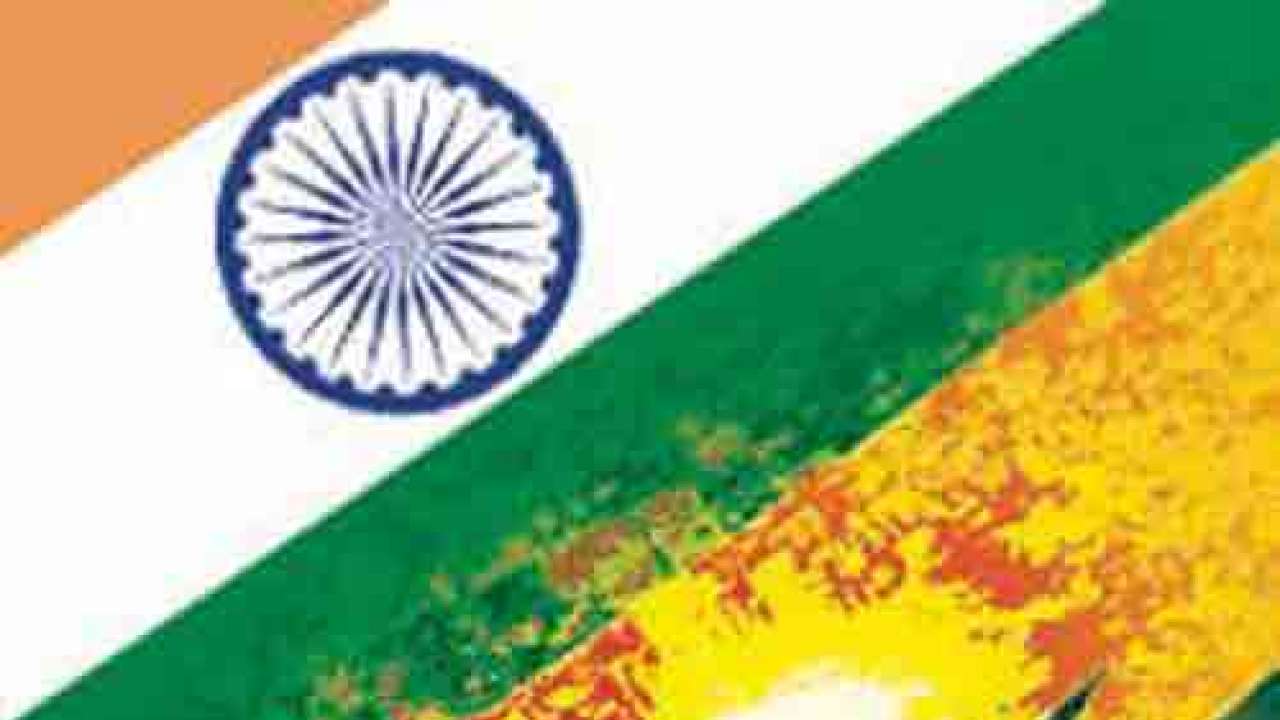
Pakistanis can be forgiven for distilling India’s marathon elections next month - the innumerable parties, candidates, permutations, and voters – to one question: Who’s going to be better for us? But I think it would be a great disservice to India’s democratic traditions to synthesize the greatest electoral exercise anywhere, ever, to ‘will he trade with us or not?’ There’s plenty in Indian elections for Pakistanis to observe which extends beyond the question of strategic objectives.
Indians have been doing elections for a lot longer, and more frequently, than Pakistanis have.
And Pakistan’s politicians and the people who elect them can surely learn from the process. I had gotten accustomed to seeing people talk about the ‘urban’ vote, or the ‘Sindhi’ vote. Never in my life had I seen the “backward” and “most backward” votes. The way constituencies are organised in India, and the parties that cater to them is fascinating. People say ‘identity politics’ like it’s a bad thing.
But the fact is that people vote for the people they identify with, whether it’s with their caste, their income, their religion, or their language. And looking closely at those identifiers, I’ve realized how local the Indian national elections are. All Pakistanis hear about are BJP and Congress, and a little bit of AAP.
However, names like Mamata Banerjee, Nitish Kumar, Jayalalithaa - the movers and shakers of the elections as I see them –are hardly known. But its these personalities that highlight the power dynamic between the centre and the states in a way that Pakistan just isn’t familiar with.
We don’t have prime ministerial candidates that try to ride on the coattails of local leaders. We don’t have regional parties that can make or break coalitions. We don’t have national parties that give up on getting a simple majority in parliament.
While that may make things more messy and unstable, it is ultimately empowering for voters. A professor told me that nowhere on Earth are people more aware of what their votes can get them than India. It’s votes that allow slum-dwellers to continue to dwell on illegal land. It’s votes that ensure subsidies and grants over higher taxes. In that sense, Indian elections empower those that might otherwise be the most marginalised people; the ‘Dalit vote’ is a case in point.
Many Pakistanis don’t vote as empowered citizens. Powerful feudals from rural areas control their tenants, and use elections to consolidate their economic and territorial dominion electorally as well. Neither India nor Pakistan has been very good at powerful national parties. It’s just Pakistan’s luck that the country’s small enough for the biggest regional party to be the biggest party in government. It doesn’t work that way in India. The central parties have the unenviable task of trying to get enough support from the states – all with completely different political landscapes, issues, economies, parties, and people - that can extract all kinds of concessions and promises, and still leave a coalition mid-term.
Congress, like the PPP, seems to have squeezed as much political traction out of dead politicians as it could, and only has nebulous terms like “secularism” and “martyr” to get votes. One wonders whether it has occurred to either of them that good governance might be a more assured way to get them.
For all the fears that Pakistanis have of the chaiwallah, I don’t think they have much to be afraid of. After all, the closest Pakistan came to a détente with India was under a BJP-led government as well. In general, coming in to office tempers the rhetoric and the swagger that propels a candidate during the campaign; even the rhetoric and swagger of Mr Modi himself will be sure to cool down if he’s in office. I hope. Pakistanis should watch this election very closely for their own sakes. PPP scion Bilawal Bhutto-Zardari should be wary of the “shehzada” taunts towards Rahul Gandhi.
Aspiring women politicians should look to Mayawati – and her statue – to know that the unlikeliest people can attain positions of power.
Pakistani voters should learn how to make their vote count, and how to make their representatives accountable. They should seek tangible promises, not airports in remote villages or vague terms like izzat or tarakki, unless of course their representatives deliver them. Yes, the accusations of ‘impotence’, stuffed ballots, intimidation, violence, it’s all there.
Elections are ugly. Politicians lie; voters exhibit an astonishing degree of delusion by believing them. But for what it’s worth, I wouldn’t have it any other way. Pakistan, of all countries, learnt that the hard way.